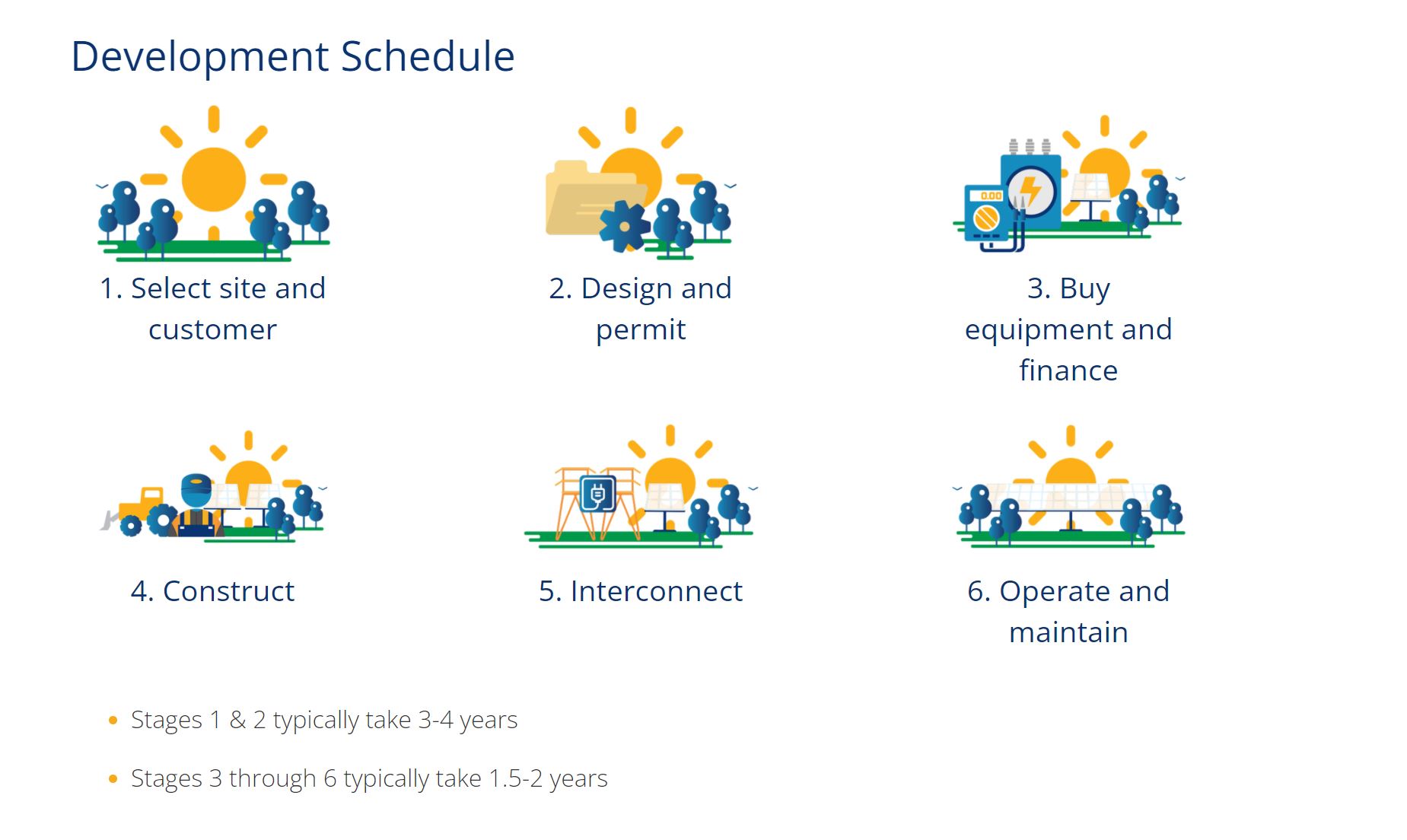Thousand Island Solar
A proposed 110 MW-AC solar facility in the Towns of Orleans and Clayton, Jefferson County, New York

About Thousand Island Solar
In support of New York State’s Clean Energy Standard mandate to secure 50 percent of the State’s electrical supply from renewable sources by 2030, Cypress Creek Renewables is proposing the construction of “Thousand Island Solar,” a 110 MW-AC solar energy facility in the towns of Orleans and Clayton in Jefferson County, NY.
The project is expected to be sited on approximately 975 acres of lands located in a rural, agricultural and industrial portion of Jefferson County, which primarily is seated on an active quarry and agricultural land. Submittal to the state’s 94-c siting process is anticipated to take place in 2023. Community outreach activities, including an in-person community meeting will take place in 2022. Bi-monthly update newsletters, regular website updates and monthly meeting requests with the towns of Orleans and Clayton will also begin in early 2022. A Host Community Agreement proposal will also be developed with the towns. The HCA intends to bring significant investment to the local towns, school districts, surrounding workforce development centers and veteran initiatives.

94-c Siting Process
New York State has enacted a significant overhaul of large-scale renewable energy project permitting, replacing the process under Article 10 of the Public Service Law. The Accelerated Renewable Energy Growth and Community Benefit Act will help move the State toward achieving the goals set forth in the Climate Leadership and Community Protection Act (CLCPA). These goals include having a minimum of 70% statewide electricity consumption come from renewable sources by 2030.
Under the Act, large-scale renewable energy projects will now apply to a streamlined permitting regime overseen by a newly created Office of Renewable Energy Siting (ORES), within the Department of State. The Act creates a centralized, uniform permitting process for large-scale renewable energy generation facilities. No other state agency, department, authority, or municipality may require any approval for a major renewable energy project, provided that a municipality has been given notice.
ORES will consult with NYSERDA, the Department of Environmental Consultation, the Department of Public Service, the Department of Agriculture & Markets, and any other relevant state agencies and authorities with subject matter expertise to set uniform permitting standards and conditions. These standards and conditions will be designed to avoid or minimize, to the maximum extent possible, any potential significant adverse environmental impacts. Before the uniform standards and conditions are adopted, ORES must hold four public hearings in different regions of the state to receive comments from the public and the municipalities.
Once an Application under the process is filed, ORES must determine that the application is complete within sixty days, and the developer must submit proof that it consulted with the local municipalities about the procedural and substantive requirements of any applicable local law.
Within sixty days from completion of the Section 94-c, ORES will publish draft permit conditions for public comment. Members of the public as well as municipalities have sixty days to respond. If any comment raises a “substantive and significant issue,” then ORES must proceed to an adjudicatory hearing to hear arguments and consider evidence on that issue. General statements of opposition will be considered by ORES but would not warrant a hearing.
Municipalities who receive notice of a Section 94-c application “shall” submit a statement to ORES indicating whether the project complies with local law. If the municipality states that the project does not comply, and ORES decides not to hold an adjudicatory hearing, then the Department of State must hold a public statement hearing in the affected municipality.
All 94-c Permits will require the permittee to provide a host community benefit. Permittees and host communities can agree to the type of benefit that will be provided, or ORES or the PSC can determine the type of project that would benefit the community.
ORES, may elect not to apply, in whole or in part, any local law or ordinance which would otherwise be applicable if it makes a finding that, as applied to the proposed major renewable energy facility, it is unreasonably burdensome in view of the CLCPA targets and the environmental benefits of the proposed major renewable energy facility.

